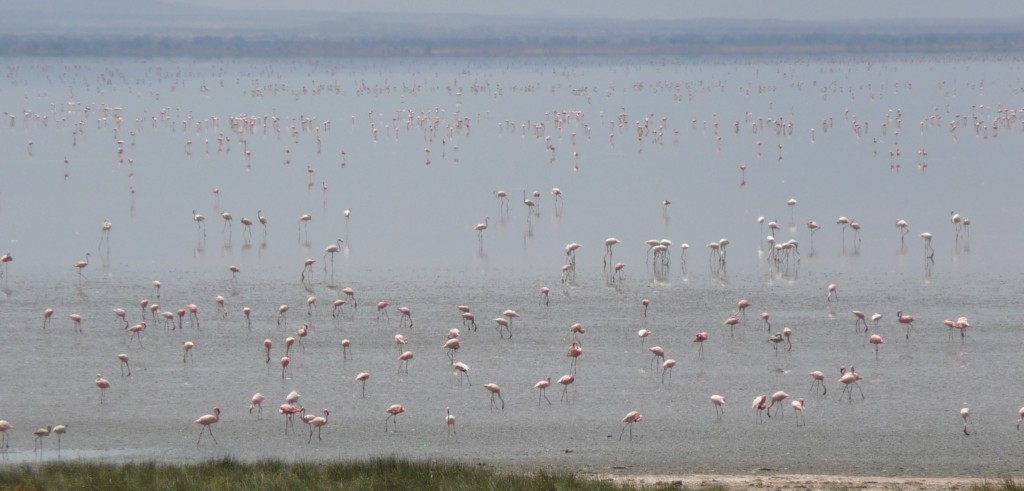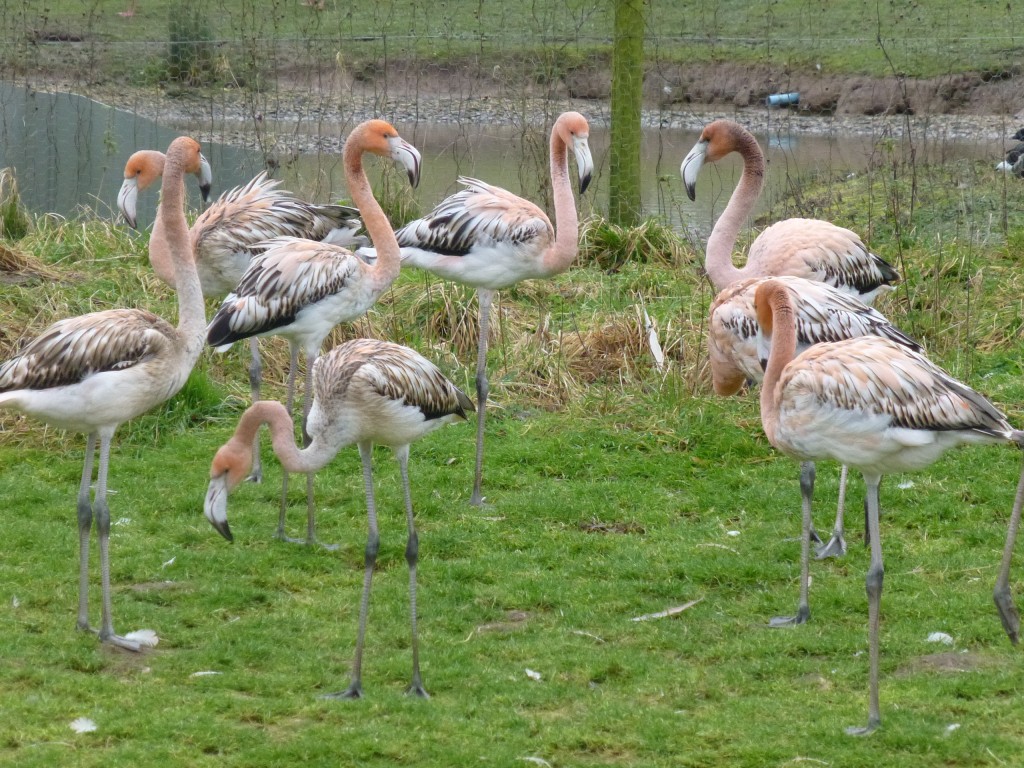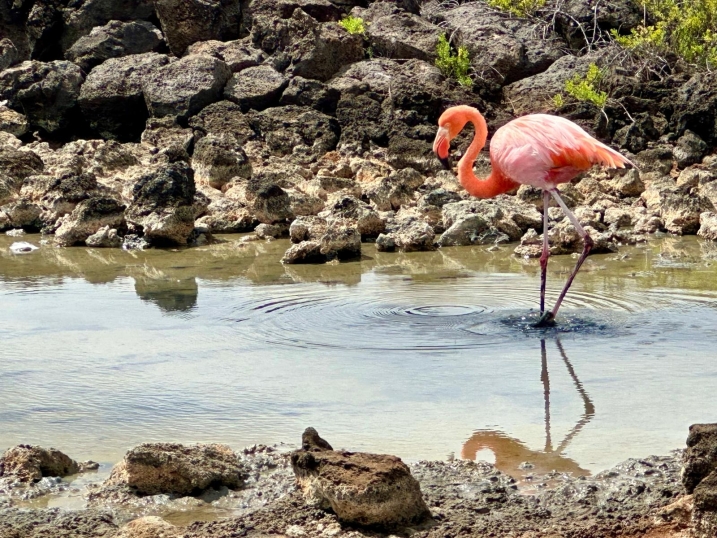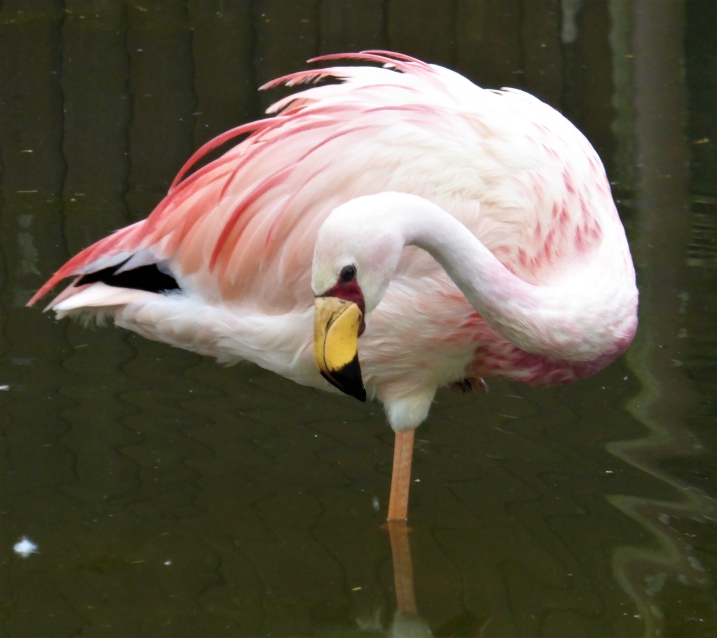World Wetlands Day; a flamingo's perspective.

Sunday 2nd February is Ramsar's "World Wetlands Day" and a chance to ponder the future of these ever so important, yet fragile, habitats. Ramsar, a convention that aims to protect and conserve wetland areas as well as promote their sustainable usage. We know that the fragile nature of flamingo habitats means that their survival can be precarious. These wetland habitats are important for the survival of human population as a healthy wetland is indicative of a healthy environment. WWT works very closely with other global organisations to protect these environments and to educate local people to spread an understanding of why an untouched wetland is good for both flamingos and people.
For more information on WWT's wetland (and flamingo) conservation work, please see: http://www.wwt.org.uk/conservation/saving-wetlands-and-wildlife/saving-wildlife/coordinating-species-conservation/
Science has shown beyond a doubt that wild flamingo populations are being threatened by human activity. From collection of birds in South America for traditional folk-lore medicines, to disturbance of populations of breeding birds in Europe and Africa by low-flying aircraft, as well as the wider problems of human usage of their watery homes, flamingos need to be managed and preserved both in the wild and in captivity for them to be enjoyed by future generations. As with all aspects of conservation, people are really important. And getting them to care about flamingos and the flamingos' wetland habitat is what WWT and other organisations like Ramsar are so good at. Sustainable usage of wetlands is possible and wild flamingos are excellent tools for ecotourism and other such enterprises that help engage local people as well as tourists, and ensure long-term survival for the birds. If you go and see a flamingo, you're more likely to care about it....
Consequently, the birds held in WWT centres are powerful ambassadors for their free-living cousins. Where else are you able to admire and observe such a diverse and important collection of wildfowl and flamingos? It is well know that direct interaction and experience of the living world provides a more powerful message than only seeing nature on TV or in press (if you want the science on that I can gladly pass it on!) so by engaging with the sight, sound and even smell of the flamingo's at Slimbridge you'll get a better impression of them and why they are important and need protecting. It's quite the trek to Kenya, or Bolivia or the Caribbean; the WWT flocks are much more accessible! So make this World Wetlands Day an excuse to go and experience all things pink!
For more information on World Wetlands Day, see: http://www.ramsar.org/cda/en/ramsar-activities-wwds/main/ramsar/1-63-78_4000_0__
The class of 2013 and the next generation of flamingos to inspire visitors for 60 years or more at WWT...?



